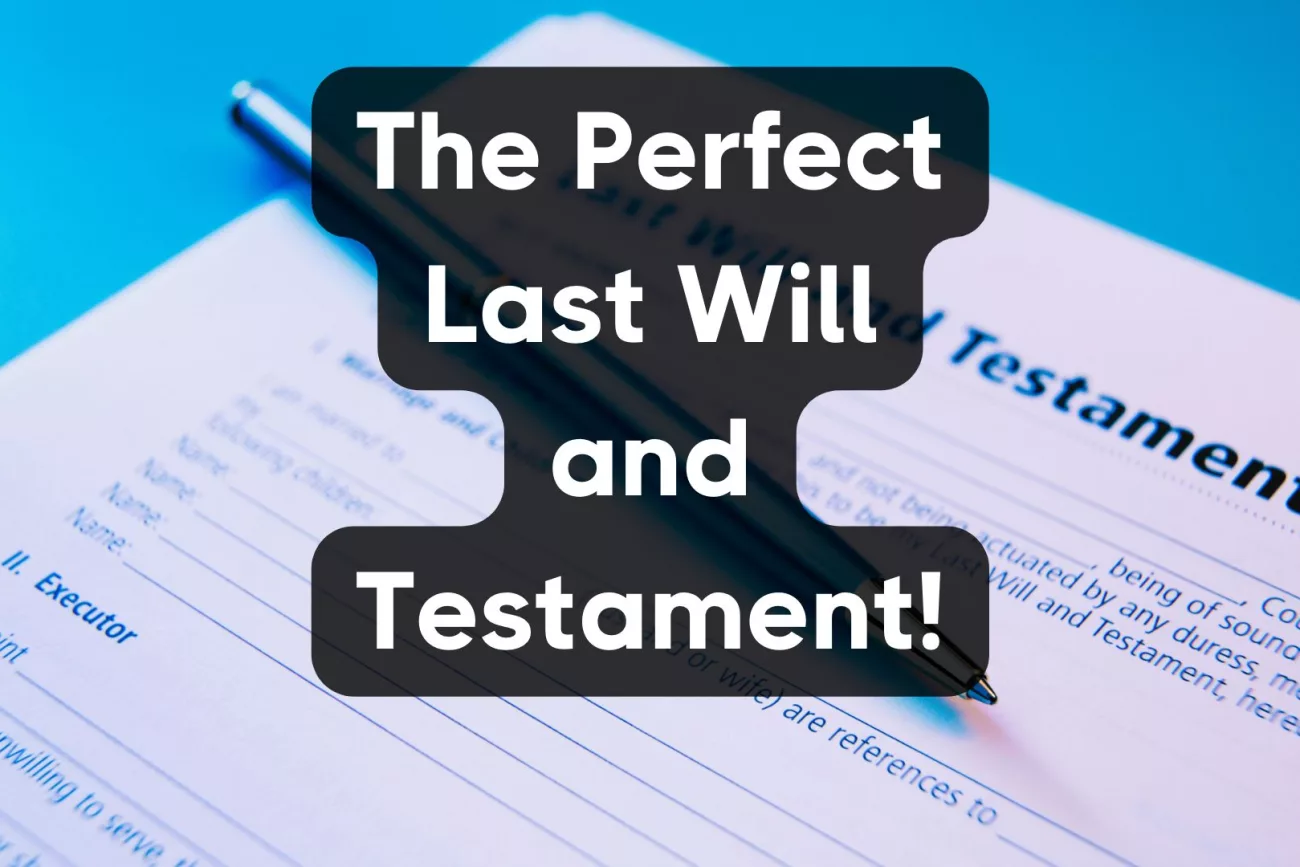
Wills vs trusts – this essential guide will help you navigate the world of estate planning by comparing and contrasting wills and trusts. We will provide you with the knowledge you need to make informed decisions about your estate, ensuring your assets are distributed according to your wishes.
Introduction to Wills vs Trusts
Wills vs trusts – this is a question that many people face when considering their estate planning options. Both wills and trusts are legal entities designed to ensure the proper distribution of assets upon a person’s death, but they operate differently and offer unique advantages and disadvantages. In this article, we’ll explore the key features of both wills and trusts, state-by-state differences, real-world examples, and provide helpful resources and FAQs to help you make the best decision for your estate plan.
Understanding Wills
A will, also known as a “last will and testament,” is a legal document that outlines how a person’s assets should be distributed upon their death. Wills typically address the following:
- Distribution of assets
- Nomination of guardians for minor children
- Appointment of an executor to manage the estate
Advantages of Wills
- Cost-effective: Creating a will is generally less expensive than establishing a trust.
- Simplicity: Wills are relatively straightforward documents that can be easily created with the help of an attorney.
- Court supervision: The probate process ensures court supervision, providing an additional layer of protection for the deceased’s wishes.
Disadvantages of Wills
- Probate process: Wills must pass through probate, which can be time-consuming and costly.
- Public record: Once probated, a will becomes a public record, making its contents accessible to anyone.
Understanding Trusts
A trust is a legal arrangement in which a person (the “grantor”) transfers assets to a trustee, who then manages those assets for the benefit of the beneficiaries. Trusts can be classified into two main types:
- Revocable trusts: These can be altered, modified, or revoked by the grantor during their lifetime.
- Irrevocable trusts: These cannot be changed once established, offering greater asset protection and potential tax benefits.
Advantages of Trusts
- Avoiding probate: Assets in a trust bypass the probate process, saving time and money.
- Privacy: Trusts are not public records, ensuring the details of the estate remain private.
- Flexibility: Trusts offer greater flexibility in terms of asset distribution and management.
Disadvantages of Trusts
- Cost and complexity: Establishing a trust can be more expensive and complex than creating a will.
- Ongoing management: Trusts require ongoing management by the trustee, which may incur additional costs.
📄 Create your will or trust in minutes!
🚀 Experience effortless legal document creation with our step-by-step builder, designed to guide you through each stage, guaranteeing a legally binding outcome. Just fill in the blanks, sign, and witness the value-added transformation for your business! 🚀
Wills vs Trusts: A State-by-State Comparison
While wills and trusts share some similarities, the laws governing them can vary significantly by state. It is essential to understand your state’s specific regulations to ensure your estate plan complies with local laws.
Community Property States
In community property states (Arizona, California, Idaho, Louisiana, Nevada, New Mexico, Texas, Washington, and Wisconsin), assets acquired during a marriage are considered joint property. This means that both spouses have equal ownership of the assets, and they are divided equally upon death. Wills and trusts may be tailored to address these state-specific requirements.
Common Law States
In common law states, assets acquired during a marriage are considered the property of the spouse who acquired them. Therefore, the distribution of assets upon death may be more complex. Wills and trusts can provide a clear roadmap for asset distribution in these states.
State-Specific Estate Taxes
Some states impose their own estate taxes in addition to the federal estate tax. This can affect the distribution of assets in both wills and trusts. Proper estate planning in these states should take into account potential state-level tax liabilities.
Real-World Examples of Wills vs Trusts
Example 1: A Young Family
John and Jane are a young couple with two minor children. They own a home and have a modest amount of savings. Their primary concern is ensuring that their children are taken care of if they were to pass away unexpectedly. In this scenario, a will would be sufficient to nominate guardians for the children and distribute their assets. A trust may be unnecessary and too costly for their needs.
Example 2: High Net Worth Individual
Samantha is a high net worth individual with multiple real estate properties, investment accounts, and a large life insurance policy. She wants to minimize estate taxes and ensure that her assets are managed efficiently for her beneficiaries. In this case, a revocable living trust would be more appropriate, as it offers greater flexibility, privacy, and tax benefits.
Example 3: Blended Family
Michael has children from a previous marriage, and he recently remarried. He wants to ensure that his new spouse is provided for, but he also wants to protect the interests of his children from his first marriage. A trust may be a better option in this scenario, as it can be structured to provide for both the spouse and children while avoiding potential disputes that may arise from a will.
Conclusion
Wills vs trusts – the choice ultimately depends on your unique circumstances, goals, and preferences. By understanding the key differences between these estate planning tools, you can make a well-informed decision that ensures your assets are distributed according to your wishes and provides peace of mind for you and your loved ones. Remember to consult with an estate planning attorney to help navigate the complexities of wills, trusts, and state-specific laws.
In summary, the choice between a will and a trust will depend on various factors, including the size and complexity of your estate, your privacy concerns, and your desire for flexibility in managing and distributing assets. By considering these factors and consulting with an experienced estate planning attorney, you can create a comprehensive estate plan that meets your unique needs and provides peace of mind for you and your loved ones.
Frequently Asked Questions (FAQs)
Q. Can I have both a will and a trust in my estate plan?
Q. Do I need an attorney to create a will or trust?
Q. How often should I review and update my will or trust?
Q. Can a trust be contested like a will?
Q. Are there any tax advantages to using a trust instead of a will?
Helpful External Resources on Wills vs Trusts
- Nolo.com: Offers comprehensive information on wills, trusts, and estate planning, along with state-specific legal guides.
- Bankrate: Provides financial planning resources, including articles on wills vs trusts and estate taxes.
- American Bar Association: Offers resources on estate planning, probate, and trust law.
- IRS.gov: Provides information on federal estate tax laws and regulations.
📄 Effortlessly Create Your Legal Documents Instantly!
🚀 Slash legal fees and save precious time with our expert-crafted DIY templates designed to streamline your business operations. Trust our legal documents to simplify your journey to success! 🚀











